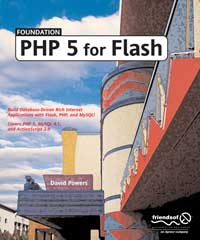Have you already play with PHP6?
Today I discovered the PHP6 CVS snapshots and I decided to take a look at it (still not tested).
I read some unhappy comment to the fact php want to put the Unicode settings into the php.ini, but if this change will make PHP faster I would prefer in this way, expecially if unicode will be always set to on.
Is there a reason to put unicode support off in this world? (for example I haven’t still understood why wxPython continues to releases both ansi and unicode builds…)
Finally register globals‘ PHP3 BC to go!
Namespaces. Maybe they will add namespace.. I really hope so! This is indeed one of the most awaited features for me! (read about a discussion on namespaces)
Support for delegates.
My big hope is also to see a “real” strict type language, but this is only my though.
Backward Compatibility. Well this could cause a flame for many developers but if they really want to make a solid new product from scratch probably they dont have to take care about BC.
Read more about the PHP6 Novermber meeting and all the proposals.
Download the PHP6 snapshot
 It was from days of Flash 5 which this book first time appeared. Long time has elapsed (expecially considering the informatic times).
It was from days of Flash 5 which this book first time appeared. Long time has elapsed (expecially considering the informatic times).